
It was the last meeting of the day and arguably an important one.
But as Congressional staffers welcomed us for a frank discussion about fisheries policy, American Saltwater Guides Association vice president and policy director Tony Friedrich shared a sobering update: The young-of-the-year index for striped bass - a crucial measure of spawning success - had just been released and it had come in low. Very low in fact: 3.4 as compared to an 11.6 average for the past 66 years.
Why is probably more complicated but based on an assessment released earlier this year we know that stripers are overfished. It was one of the reasons I was in Washington, D.C. last week with other members of the American Saltwater Guides Association, going from one lawmaker’s office to the next, speaking with staff in half-hour chunks and even bending the ear of a few legislators.
We introduced ourselves, explained the purpose of the Association, and outlined its position on fisheries policy. We also reconnected with old acquaintances and discussed possible ways to fix a broken system.
A Voice That Resonates
The American Saltwater Guides Association (ASGA) was created within the past year because fly and light tackle guides, along with other conservation-minded individuals and businesses, felt their perspective wasn’t being heard, association president Peter Jenkins said at a meeting with staff in another lawmaker’s office, six hours before our final meeting.
But, the organization’s message has resonated with the general fishing public as well.
“We were the voice they weren’t hearing,” said Jenkins, who owns the Saltwater Edge in Rhode Island.
That voice speaks to concerns about the latest decline in striped bass stocks, the same in other species and the underpinnings of state and federal fisheries policy that allow it to happen.
The association’s message is simple: More fish in the water is good for everyone, including our businesses.
Let’s get that out of the way. I run a guide service on Cape Cod and make money by taking people out and catching fish. Ergo, more fish in the water, more happy clients, more happy me because I get to eat and have electricity. There’s no way around it. It’s selfish.
My business supports other businesses though. I buy gas (not my favorite thing to do), I steer clients to local restaurants and I pay taxes along with other random fees that seem to pop up every time I turn around.
Abundance + Participation = Sustainable Business
But, the reason I quit a steady-paying job, bought a new (to me) boat and went fishing wasn’t based on money. If that were the case, I’d likely have chosen a more lucrative profession and I definitely would not have bought another boat.
Fishing is my way of connecting with the ocean and animals we would only otherwise see on a dinner plate or in an aquarium. It’s often as not the same for my clients, who get a chance to see playful dolphins, meandering mola mola, and breaching whales along with even toothier local fauna.
So, I was happy to meet other like-minded association members who made the trip to D.C. They came from across the country to tell lawmakers about what the association believes is a failure by the Atlantic States Marine Fisheries Commission to properly manage the fisheries for which it is responsible. This includes 27 species, more than 62 percent of which are overfished, depleted, or have a status that is unknown.
During last week’s brief meetings, we shared our personal experiences in the fisheries but also a series of points raised by attendees of association-sponsored workshops held across six states. Those concerns, outlined in a one-page graphic, included the need for better education about fisheries policy, stronger rather than weaker federal fisheries laws, better enforcement and harsher penalties for poaching, and action on forage species, including ecosystem management to protect not only on a species-by-species basis but also the web that supports a multitude of species, including us.
“We wanted to know what was on the mind of anglers and fishing guides,” Captain Dave Monti, of Rhode Island-based No Fluke Fishing said during the Whitehouse meeting. Each staffer seemed grateful and sincerely interested in the perspective of their constituents. It was gratifying to see that the ASGA is seen as a valuable resource in their eyes.
Looking for Accountability in Washington?!
At each meeting, we shared another graphic comparing fisheries management under the Atlantic States Marine Fisheries Commission and management under the Magnuson-Stevens Fishery Conservation and Management Act. Bottom line: Assuming a reauthorization of Magnuson-Stevens (it is overdue having last been reauthorized in 2006) it should be strengthened and would be better suited to handle the management duties the commission has failed at thus far.
Where conservation equivalency - a slippery loophole for states and other actors seeking to avoid real reductions in catch - is prohibited by Magnuson-Stevens, it is allowed by the commission.
Where there are catch limits for striped bass under Magnuson-Stevens, there are none under the commission.
Where there are penalties for overharvesting under Magnuson-Stevens, there are none under the commission.
Where there is accountability in Magnuson-Stevens, there is none for the commission.
Maryland, which adopted a conservation equivalency for striped bass, overfished its target by 217 percent, Jenkins said.
“There was a 2011 year class that was hammered,” he said.
The guide association hopes that by strengthening federal oversight of the fisheries, similar abuses can be prevented down the line.
Why We Fish
Members may fish in different ways but they do it for similar reasons, Jenkins said.
“We may not share the how we fish but we share the why we fish,” he said.
And some members are deeply worried about future fishers.
“I really want to see fishing improved for the next generation,” said George Baldwin, a teacher at The Sound School in New Haven, Connecticut, and president of the Connecticut Surfcasters Association.
Whether that next generation is able to enjoy the same fishery we have until now is an open question. But the answer may be lurking behind closed doors in Washington, D.C.
If you are interested in finding out more and want to learn how you can help us pry those doors open, go to American Saltwater Guides Associationand sign up.

Patrick Cassidy owns and operates Cape Cod on the Fly, a Massachusetts-based fly fishing and light tackle guide service.




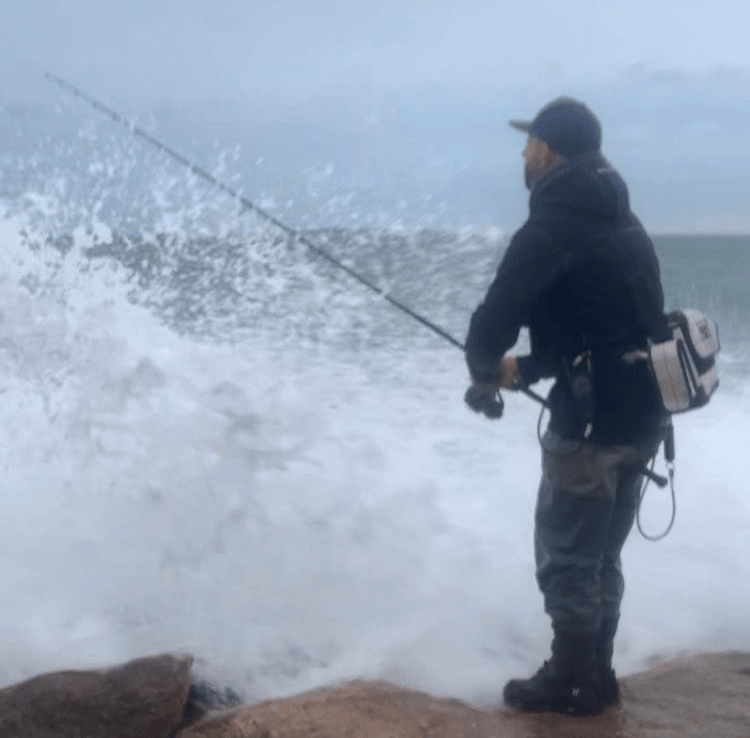

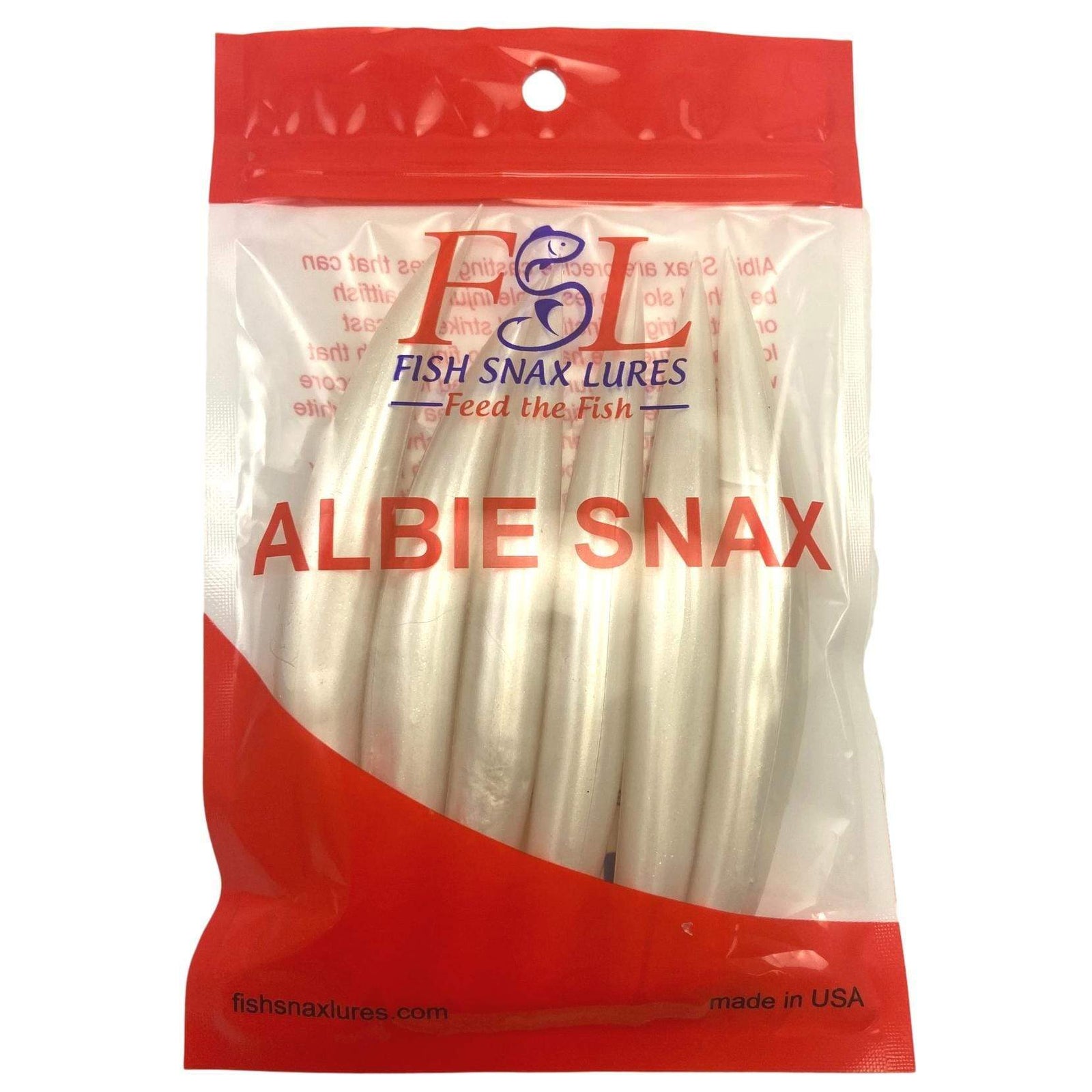


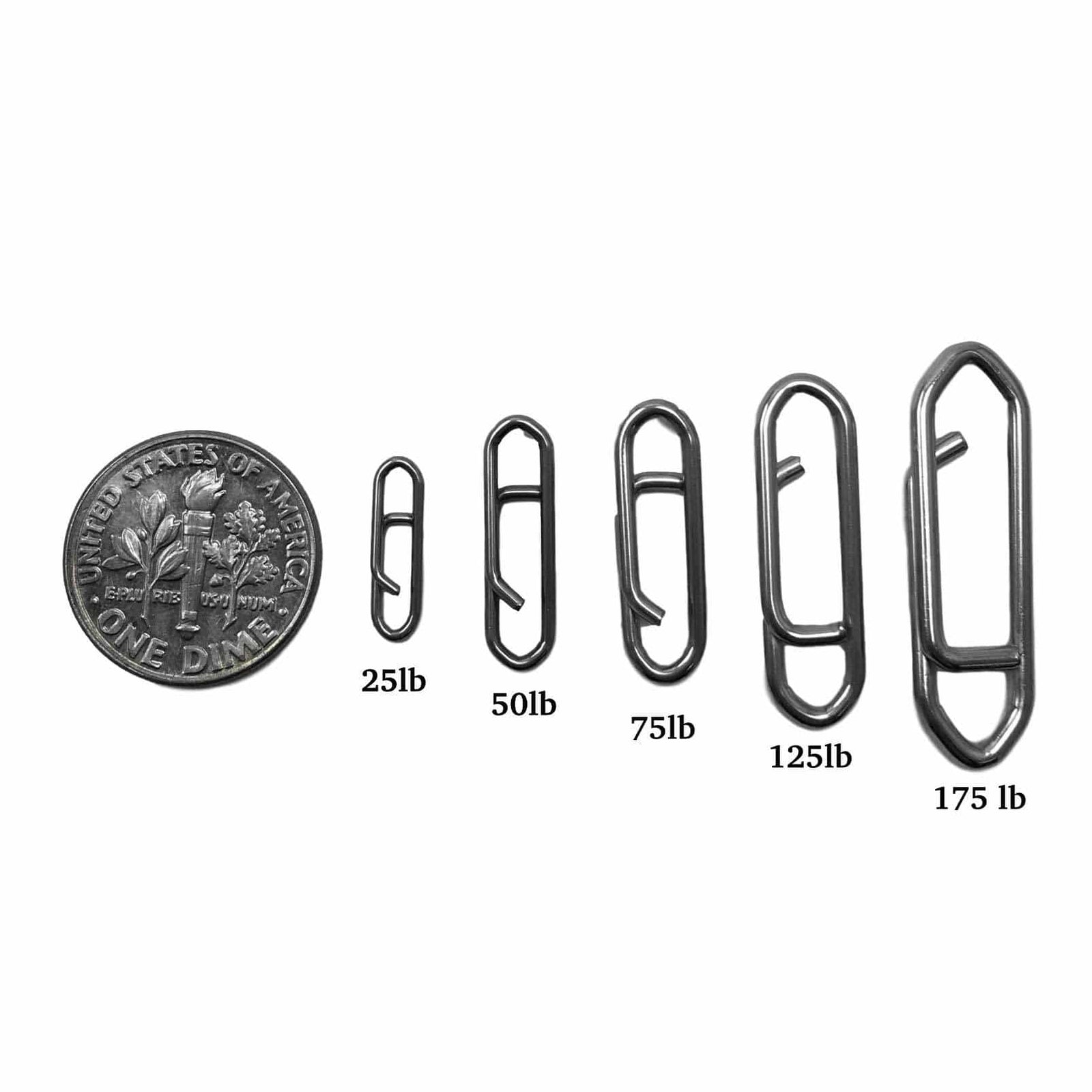




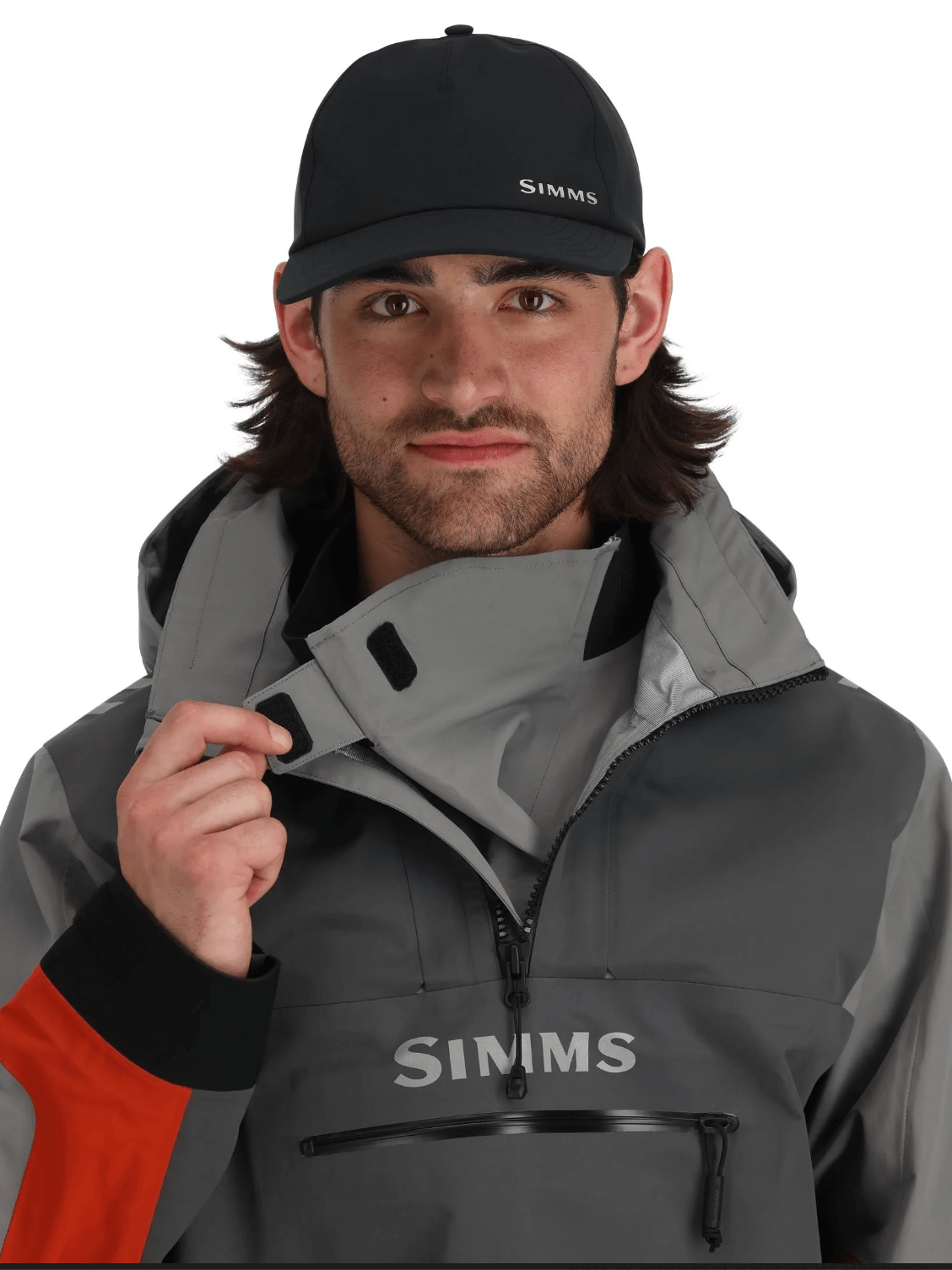

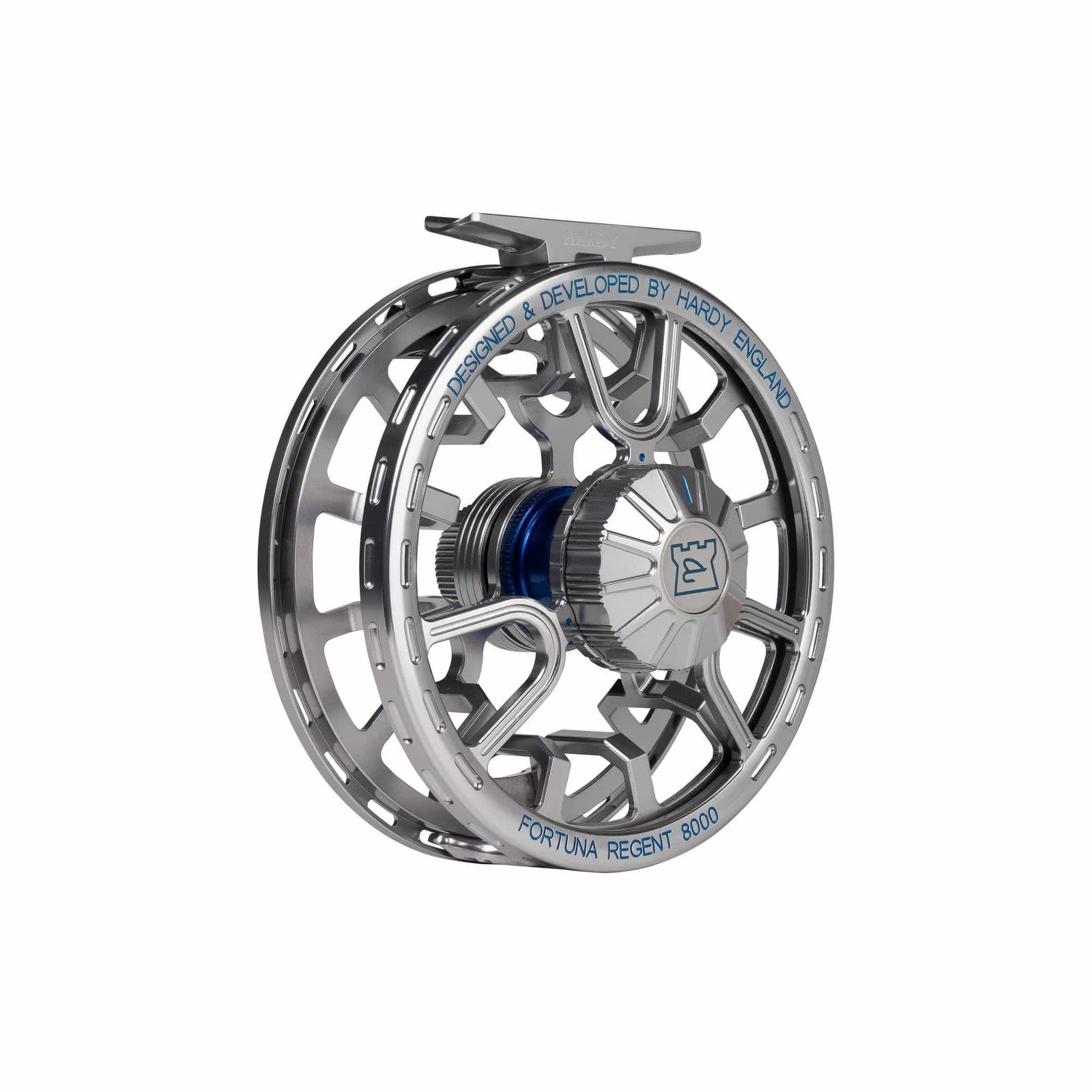
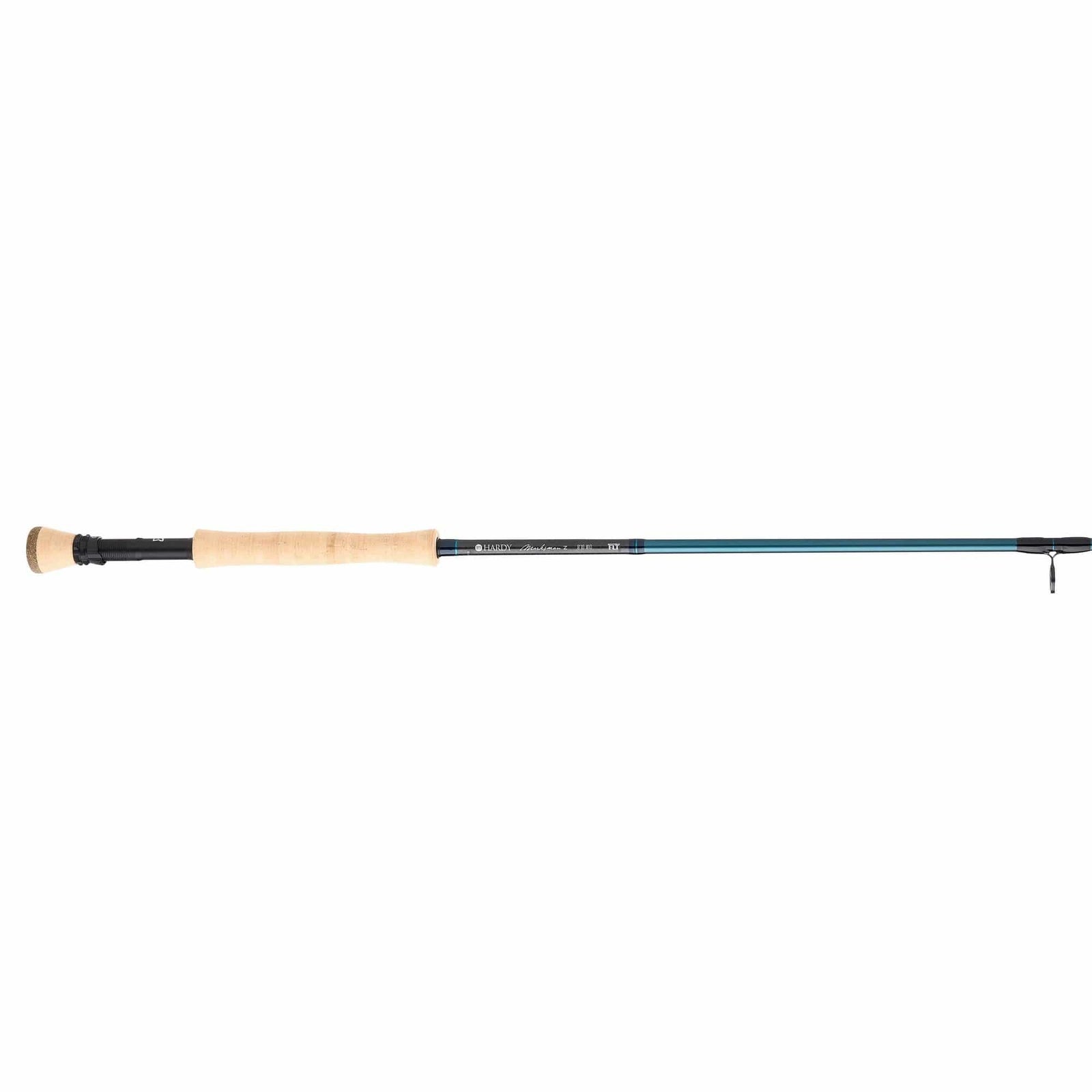
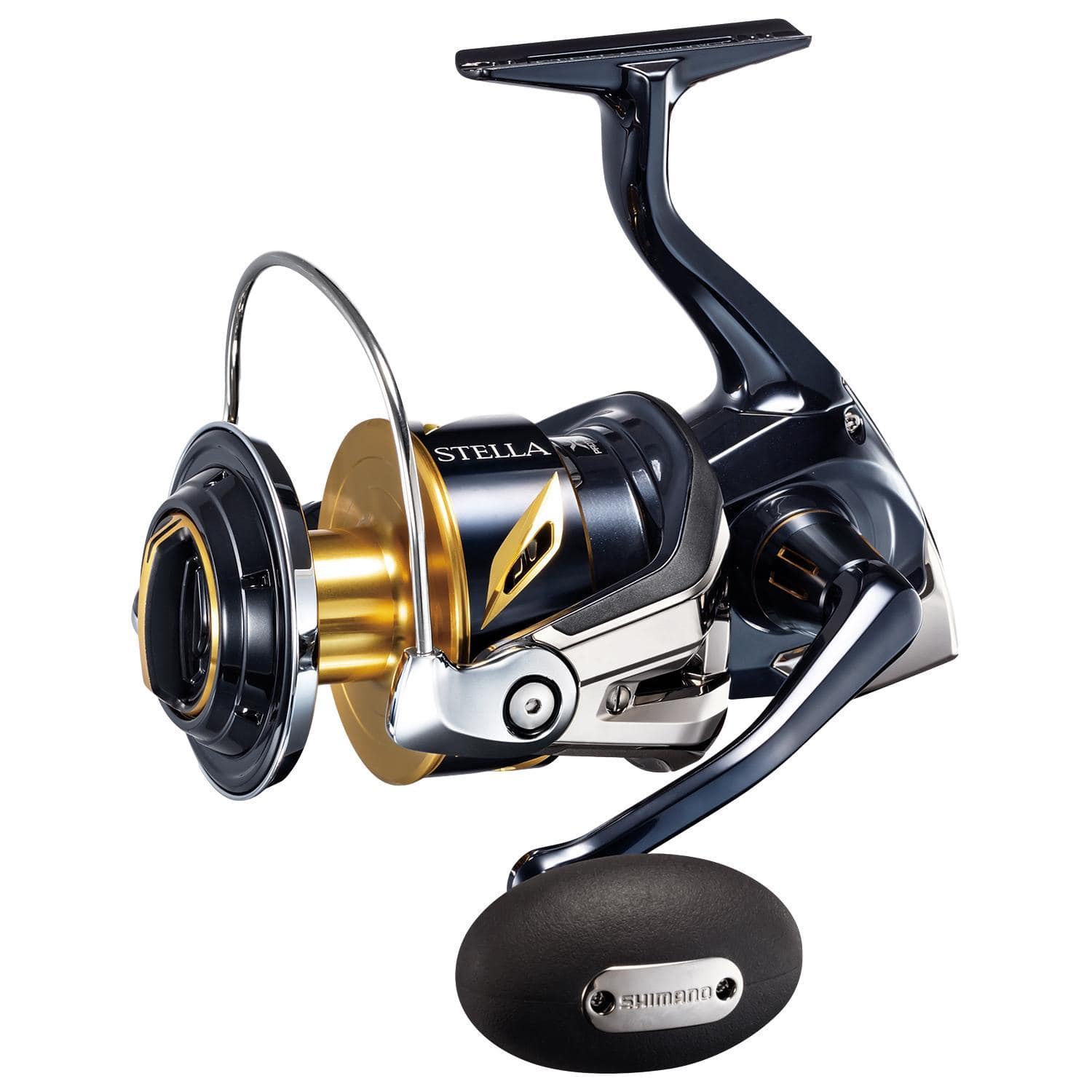
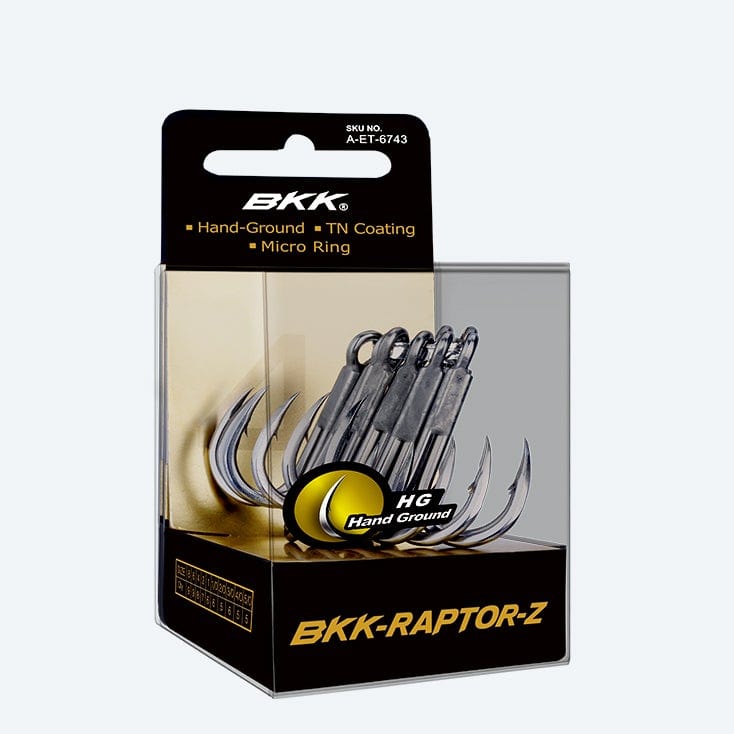
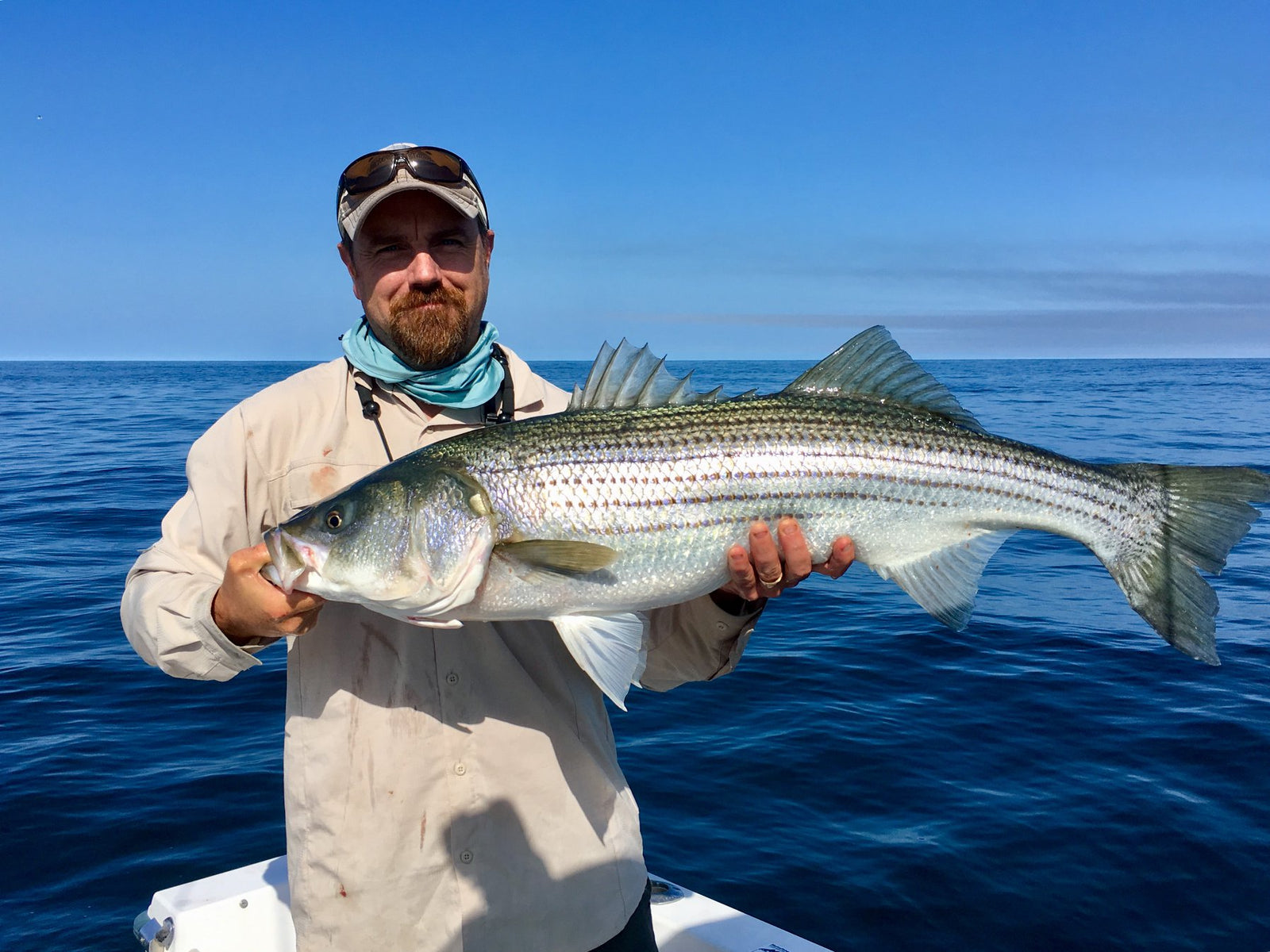
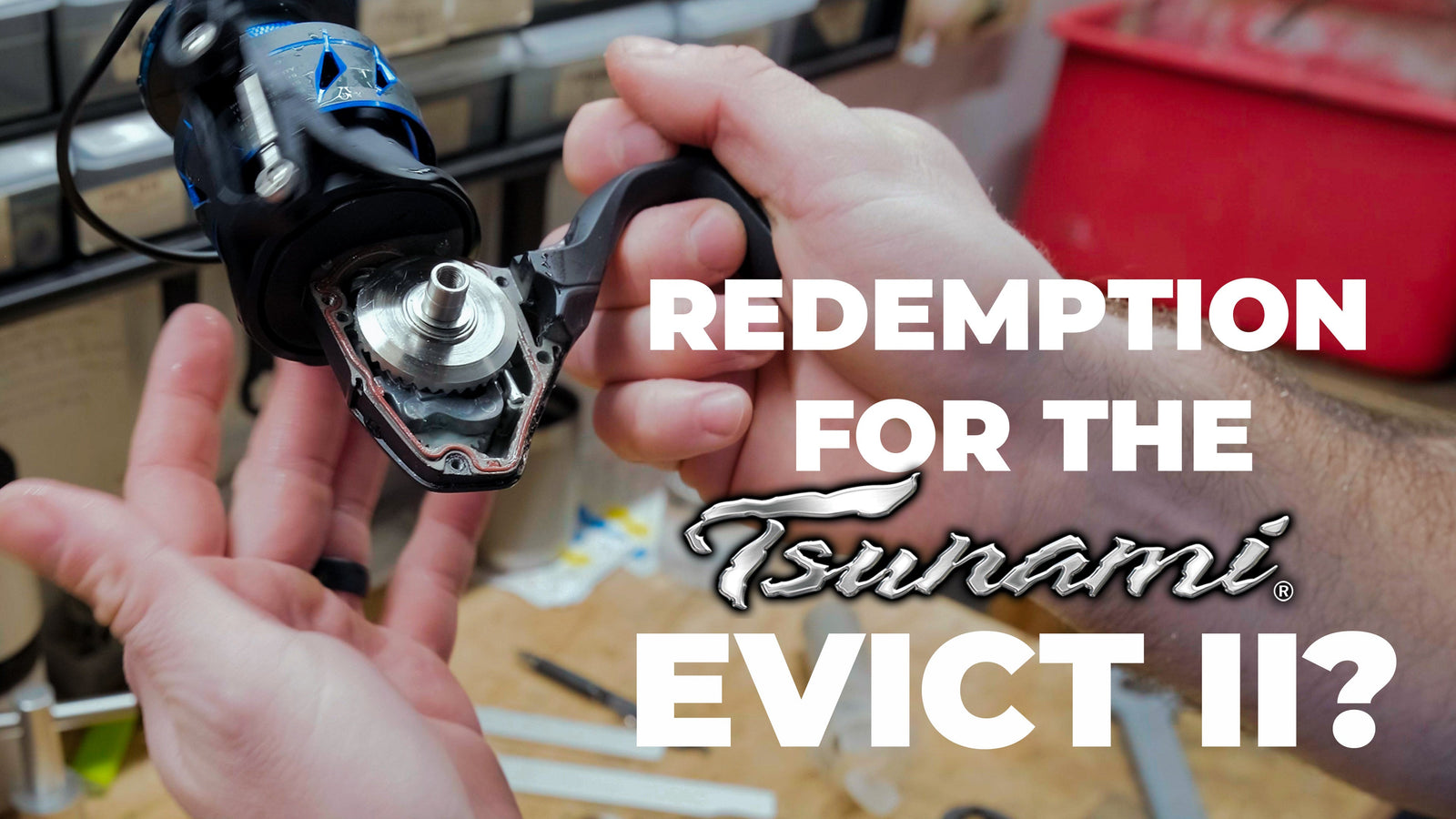
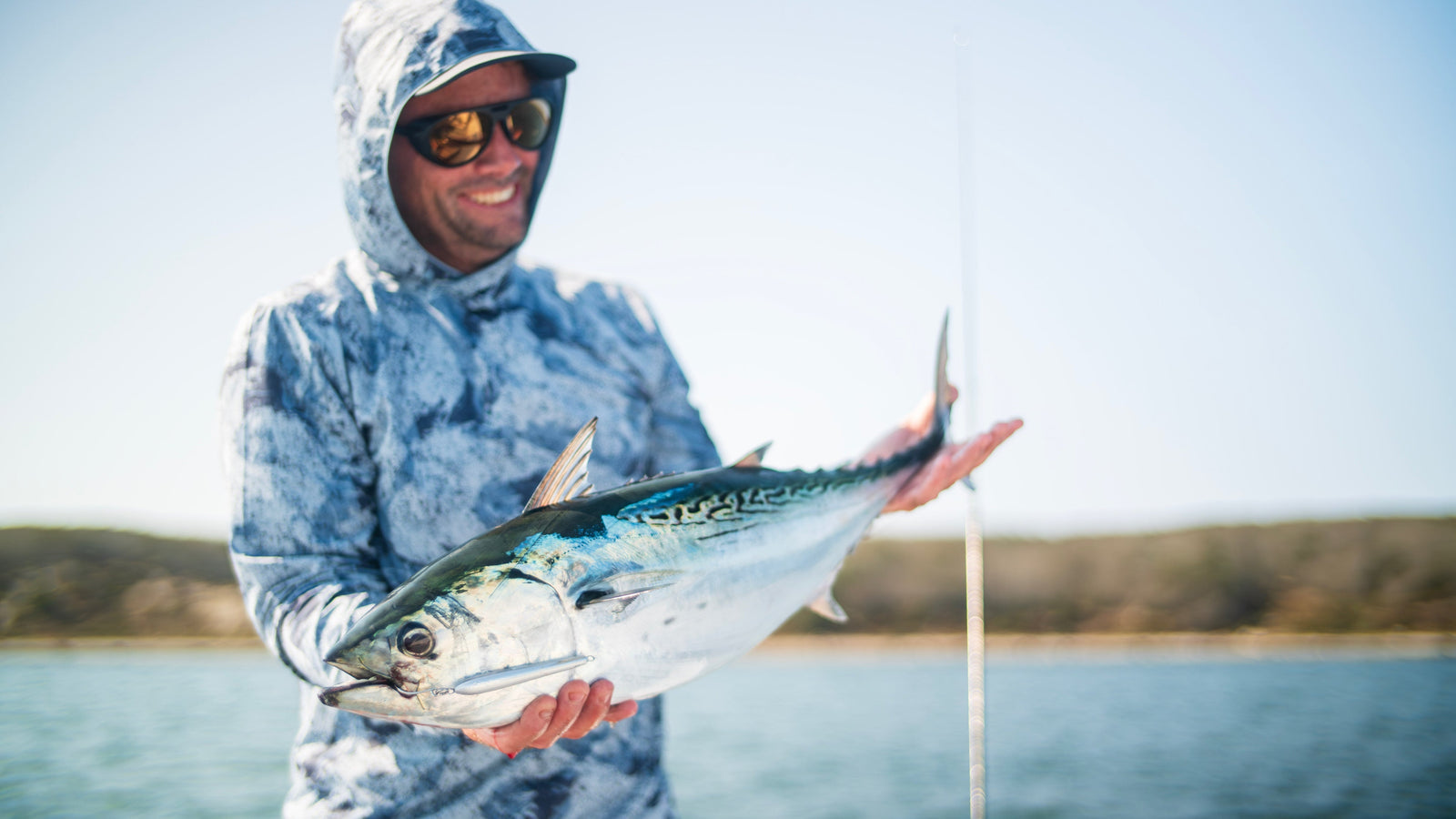
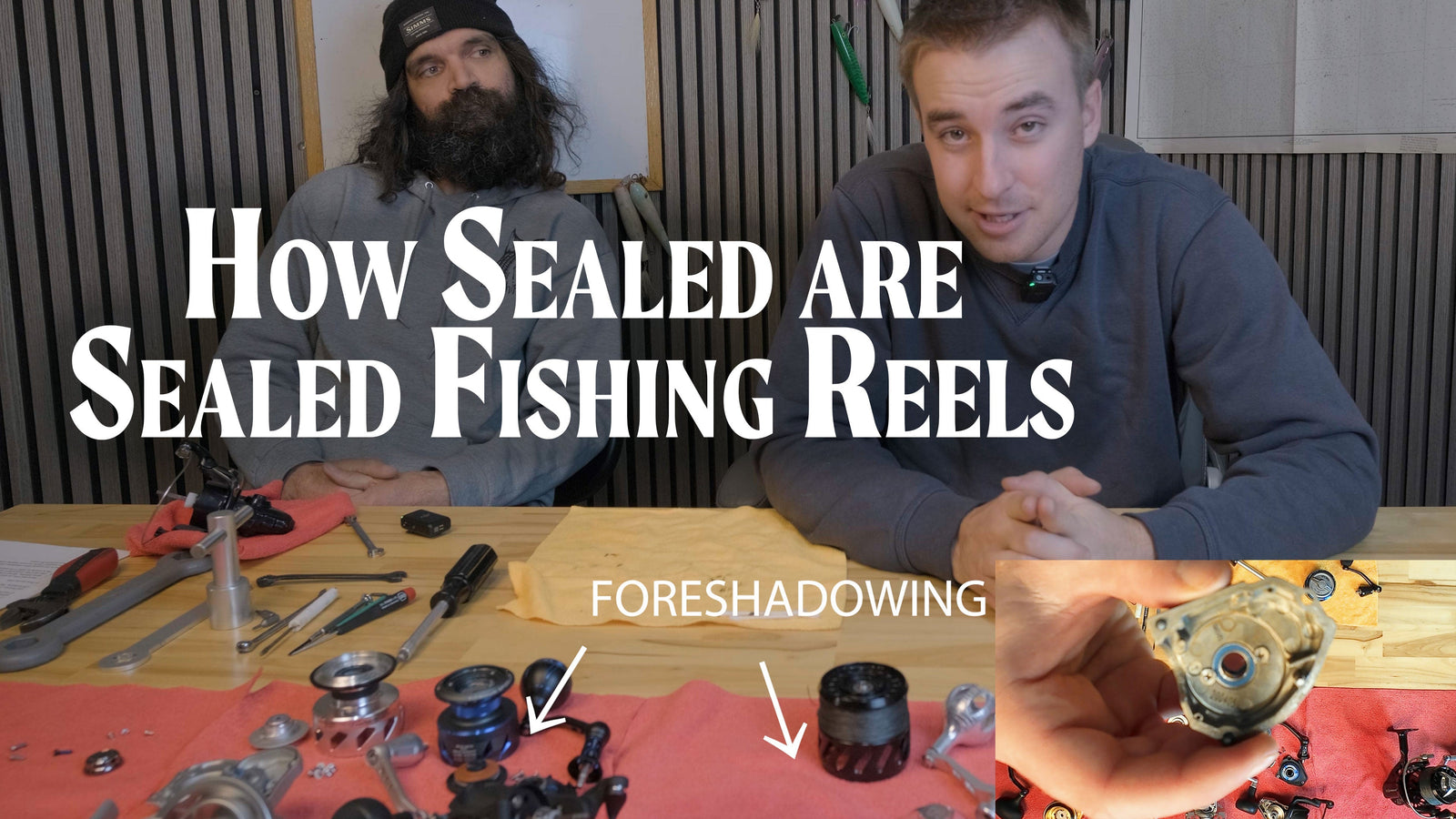
Leave a comment (all fields required)